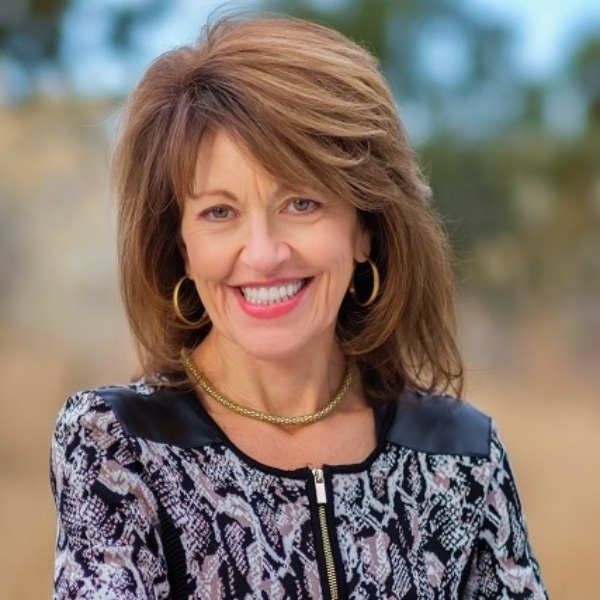Diane Sieg

Diane Sieg teaches the resilience skills needed to cope with burnout, stress, and disengagement, helping healthcare workers restore joy, meaning, and connection to their noble work.
Expert on
- Time Management/Self-Management
- Resilience
- Healthcare
- Motivation
- Lifestyle
- Stress
Fee Range
$7,500–$15,000Travels from
CO, USBiography
Creator of the Resilience Academy, Diane Sieg spent 23 years working as an ER nurse in hospitals across the country. Today, as a resilience speaker, author, coach, and champion, Diane teaches healthcare organizations how to create resilient cultures through her keynotes, half-day or full-day seminars, resilience challenges, retreats, and coaching at the individual, department, and organizational level. She is the author of two books, STOP Living Life Like an Emergency! Rescue Strategies for the Overworked and Overwhelmed and 30 Days to Grace; A Daily Practice to Achieve Your Ultimate Goals. There is always chaos in healthcare and resilience is the teachable, effective, game-changing antidote. Diane teaches the resilience skills needed to cope with burnout, stress, and disengagement, helping healthcare workers restore joy, meaning, and connection to their noble work.

